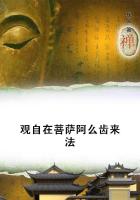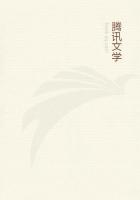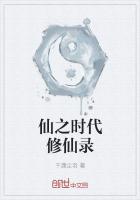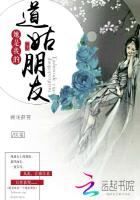My bookseller and I came nigh to blows some months ago over an edition of Boccaccio, which my bookseller tried to sell me. This was a copy in the original, published at Antwerp in 1603, prettily rubricated, and elaborately adorned with some forty or fifty copperplates illustrative of the text. I dare say the volume was cheap enough at thirty dollars, but I did not want it.
My reason for not wanting it gave rise to that discussion between my bookseller and myself, which became very heated before it ended. I said very frankly that I did not care for the book in the original, because I had several translations done by the most competent hands. Thereupon my bookseller ventured that aged and hackneyed argument which has for centuries done the book trade such effective service--namely, that in every translation, no matter how good that translation may be, there is certain to be lost a share of the flavor and spirit of the meaning.
``Fiddledeedee!'' said I. ``Do you suppose that these translators who have devoted their lives to the study and practice of the art are not competent to interpret the different shades and colors of meaning better than the mere dabbler in foreign tongues? And then, again, is not human life too short for the lover of books to spend his precious time digging out the recondite allusions of authors, lexicon in hand? My dear sir, it is a wickedly false economy to expend time and money for that which one can get done much better and at a much smaller expenditure by another hand.''
From my encounter with my bookseller I went straight home and took down my favorite copy of the ``Decameron'' and thumbed it over very tenderly; for you must know that I am particularly attached to that little volume. I can hardly realize that nearly half a century has elapsed since Yseult Hardynge and I parted.
She was such a creature as the great novelist himself would have chosen for a heroine; she had the beauty and the wit of those Florentine ladies who flourished in the fourteenth century, and whose graces of body and mind have been immortalized by Boccaccio. Her eyes, as I particularly recall, were specially fine, reflecting from their dark depths every expression of her varying moods.
Why I called her Fiammetta I cannot say, for I do not remember;perhaps from a boyish fancy, merely. At that time Boccaccio and I were famous friends; we were together constantly, and his companionship had such an influence upon me that for the nonce Ilived and walked and had my being in that distant, romantic period when all men were gallants and all women were grandes dames and all birds were nightingales.
I bought myself an old Florentine sword at Noseda's in the Strand and hung it on the wall in my modest apartments; under it Iplaced Boccaccio's portrait and Fiammetta's, and I was wont to drink toasts to these beloved counterfeit presentments in flagons (mind you, genuine antique flagons) of Italian wine.
Twice I took Fiammetta boating upon the Thames and once to view the Lord Mayor's pageant; her mother was with us on both occasions, but she might as well have been at the bottom of the sea, for she was a stupid old soul, wholly incapable of sharing or appreciating the poetic enthusiasms of romantic youth.
Had Fiammetta been a book--ah, unfortunate lady!--had she but been a book she might still be mine, for me to care for lovingly and to hide from profane eyes and to attire in crushed levant and gold and to cherish as a best-beloved companion in mine age! Had she been a book she could not have been guilty of the folly of wedding with a yeoman of Lincolnshire--ah me, what rude awakenings too often dispel the pleasing dreams of youth!
When I revisited England in the sixties, I was tempted to make an excursion into Lincolnshire for the purpose of renewing my acquaintance with Fiammetta. Before, however, I had achieved that object this thought occurred to me: ``You are upon a fool's errand; turn back, or you will destroy forever one of the sweetest of your boyhood illusions! You seek Fiammetta in the delusive hope of finding her in the person of Mrs. Henry Boggs;there is but one Fiammetta, and she is the memory abiding in your heart. Spare yourself the misery of discovering in the hearty, fleshy Lincolnshire hussif the decay of the promises of years ago; be content to do reverence to the ideal Fiammetta who has built her little shrine in your sympathetic heart!''

